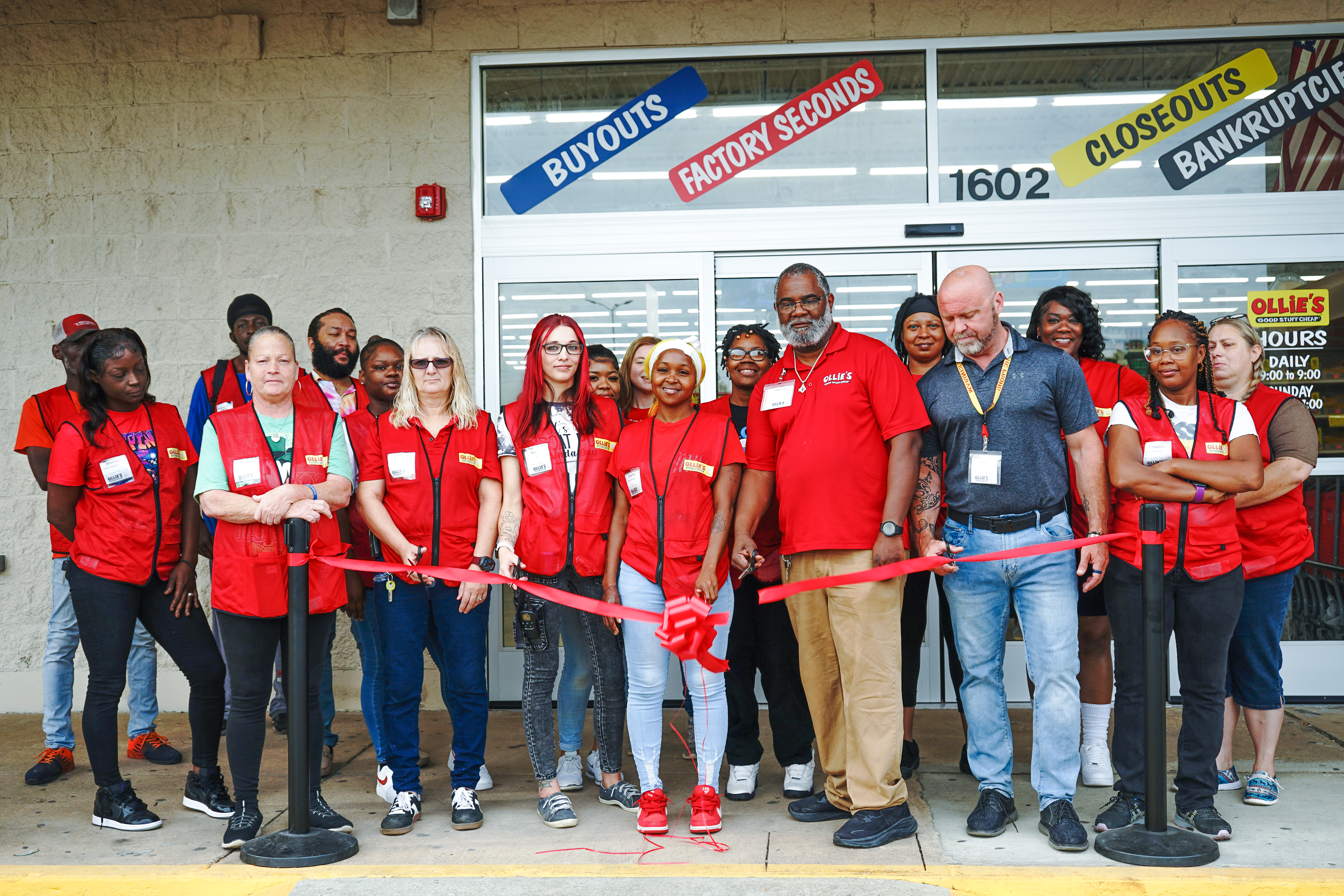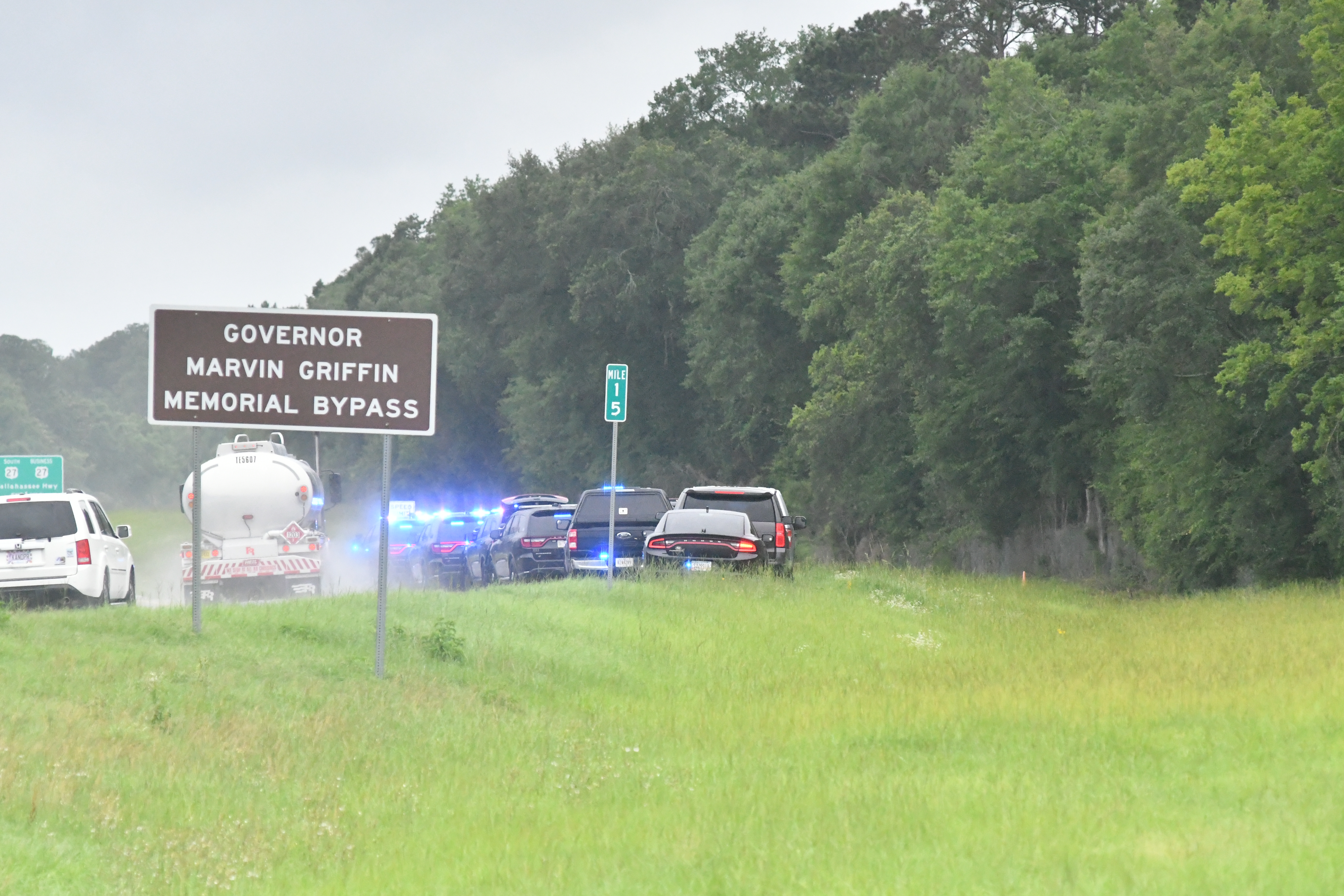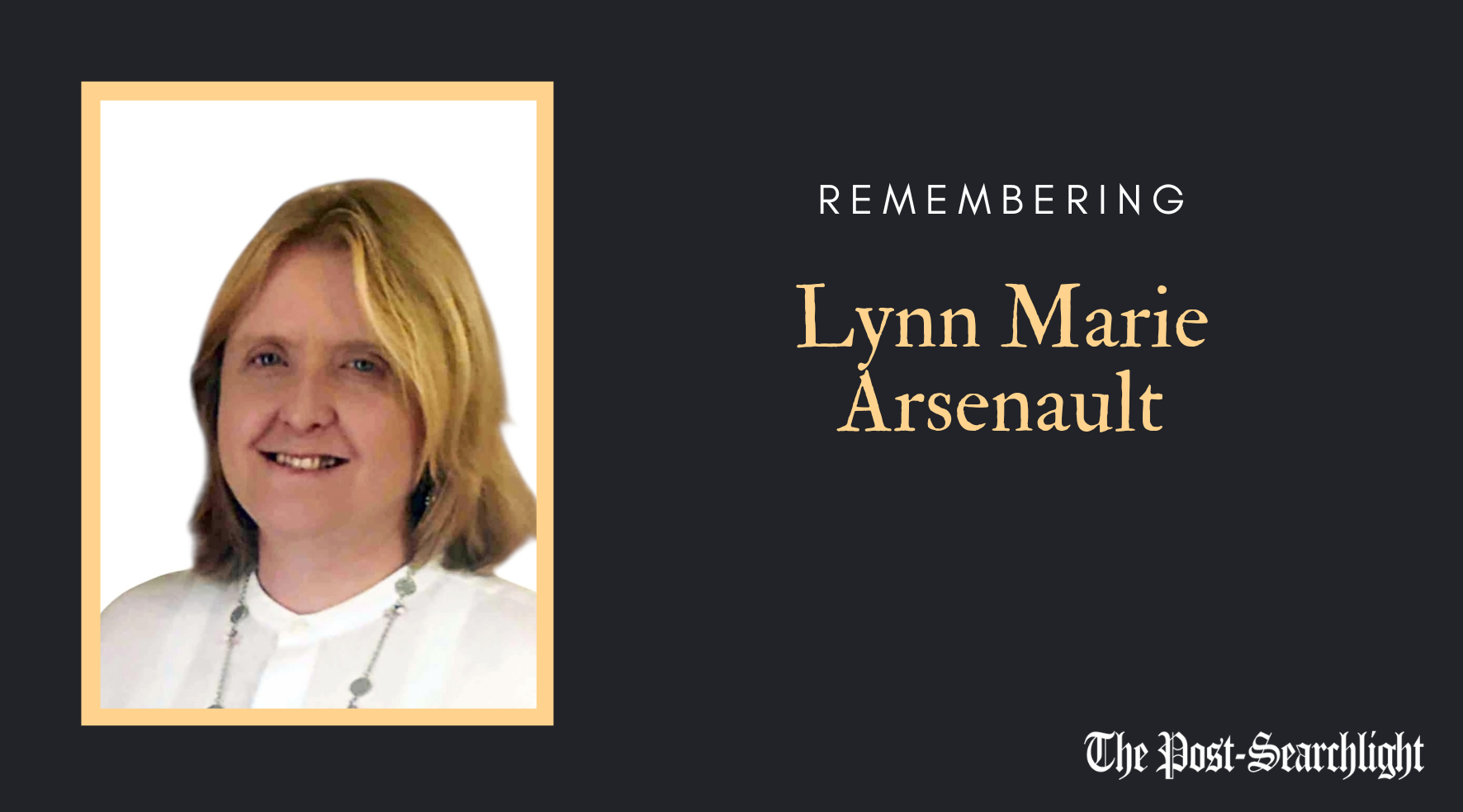Rotary hears about German Rotary Club meeting
Published 6:18 pm Tuesday, November 3, 2015
During a recent trip to Germany, Wayne Lambert visited a German Rotary Club meeting and exchanged banners with the group on behalf of Bainbridge’s Rotary Club.
Lambert had a Rotary connection in Germany through his father, who has a former classmate and friend from his time at the Military Academy at West Point who has been living in Germany for about 40 years.
“When my father explained to him not too long ago that I was going to Munich, he invited me to a Rotary meeting,” Lambert said. “The Rotary Club that I attended was a very well established, old club. It had all male members. There were no female members in this club. I learned that a lot of the clubs are more progressive and have female members, but this particular club didn’t.”
Lambert said that the formal program of the meeting was about the ongoing refugee crisis in Europe and that he thought the German government and people had been very accommodating and empathetic toward the refugees.
Lambert shared a photo of a sign he saw during the trip that quoted Article 14 of the United Nations’ Universal Declaration of Human Rights, which states, “Everyone has the right to seek and to enjoy in other countries asylum from persecution.”
“That is really the mindset of the common German citizen,” Lambert said.
Lambert also spoke of the culture of the Rotary Club and how it differs from American clubs.
“It’s a very interesting group. The German social culture is so much different from ours. The folks that were there addressed each other as ‘Mr.’ with their family names and not by first names, even as close as these people are in Rotary,” Lambert said.
He also said that the club is very quiet about its work and that its members do things “behind the scenes.”
“It’s also a little bit different culturally in the sense that they have the same objectives as we have, but I believe that they are much more quiet about their work,” Lambert said.
“They don’t advertise a lot or talk about what they do, but they do things behind the scenes that are very helpful for the community, for the state, nation and the European Union.”






